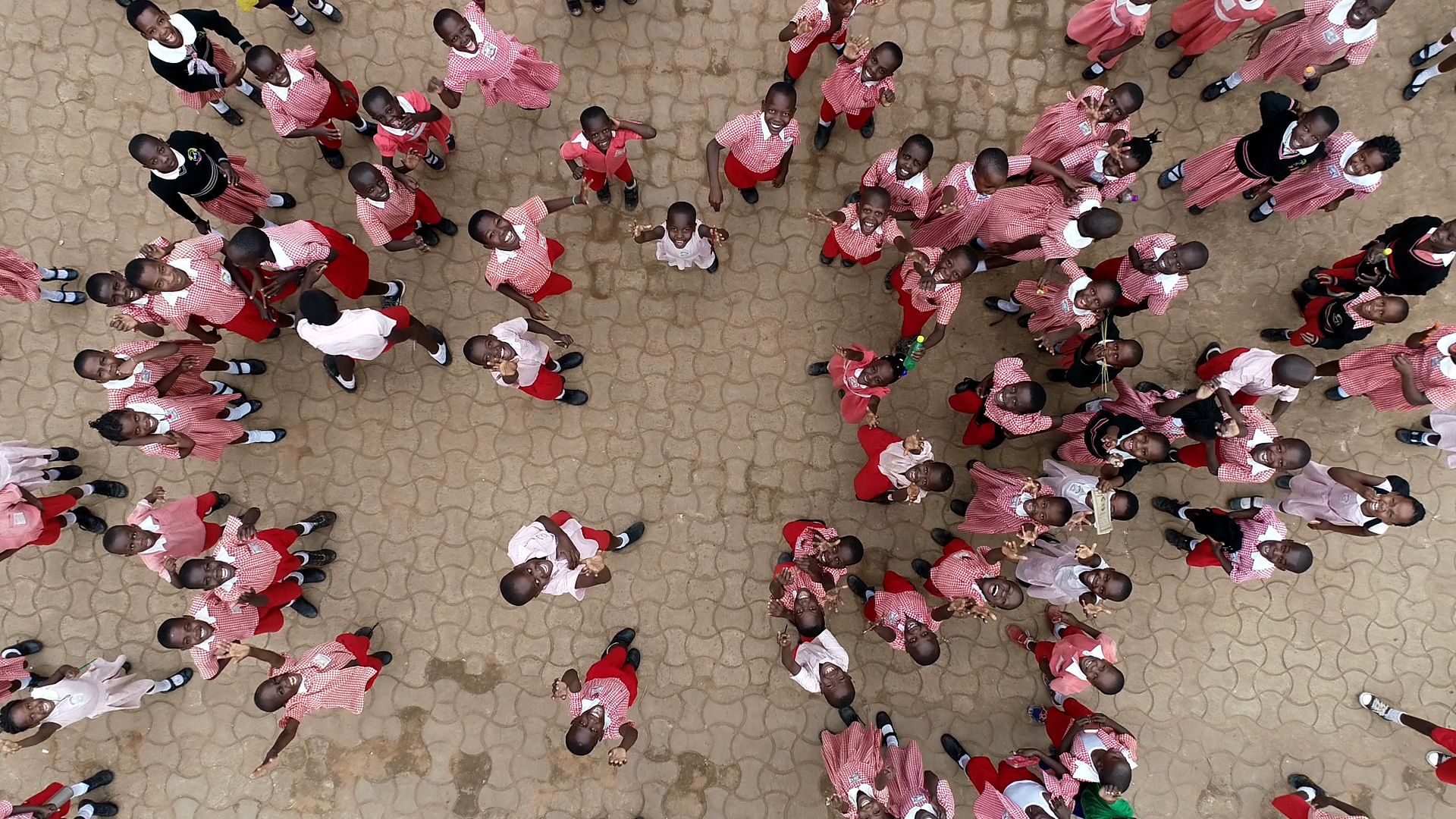Context, challenges, and approaches
Mali is a fragile state that has been undergoing by military coups d’état, creating political instability in the country. This already deteriorating situation has been worsened by the recurrent economic sanctions imposed by the Economic Community of West African States (ECOWAS), the COVID-19 pandemic, repeated strikes by teachers and other social unrest. About 58 percent of the population in Mali is rural, and households rely heavily on agriculture and grasslands for livelihoods. Most of the rural households are farmers and pastoralists (herding domesticated animals). Mali’s mineral sector represents about 6,5 percent of GDP. Gold is the main mineral extracted in Mali. The country is the third largest gold producer in Africa.
It is against the backdrop of political and social unrest that the Work: No Child’s Business programme started implementing activities to eliminate child labour. The programme works in two regions: in the Ségou region in Bla and San districts, and in the Sikasso region in the Sikasso and Bougouni districts.
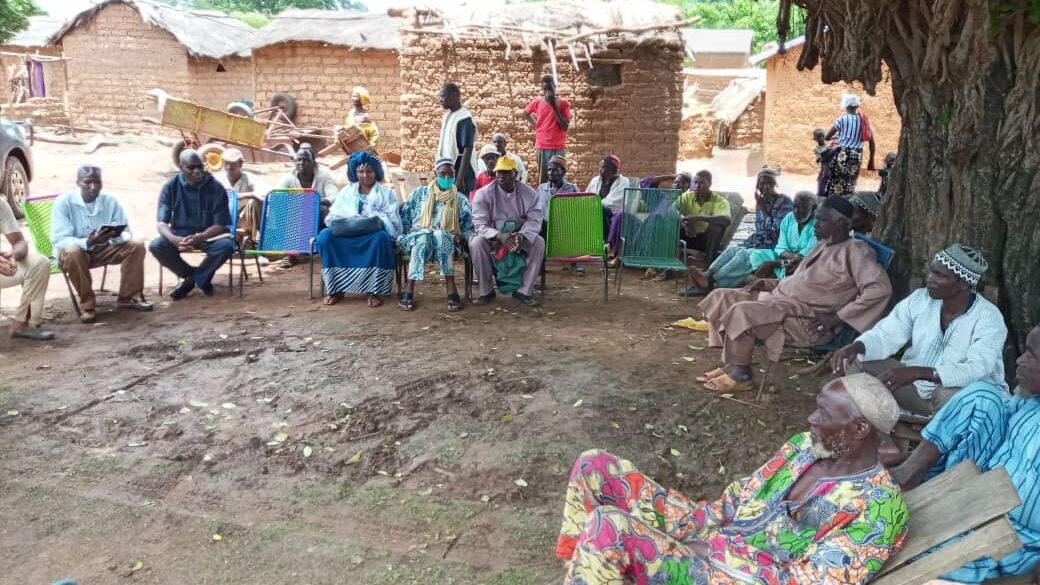
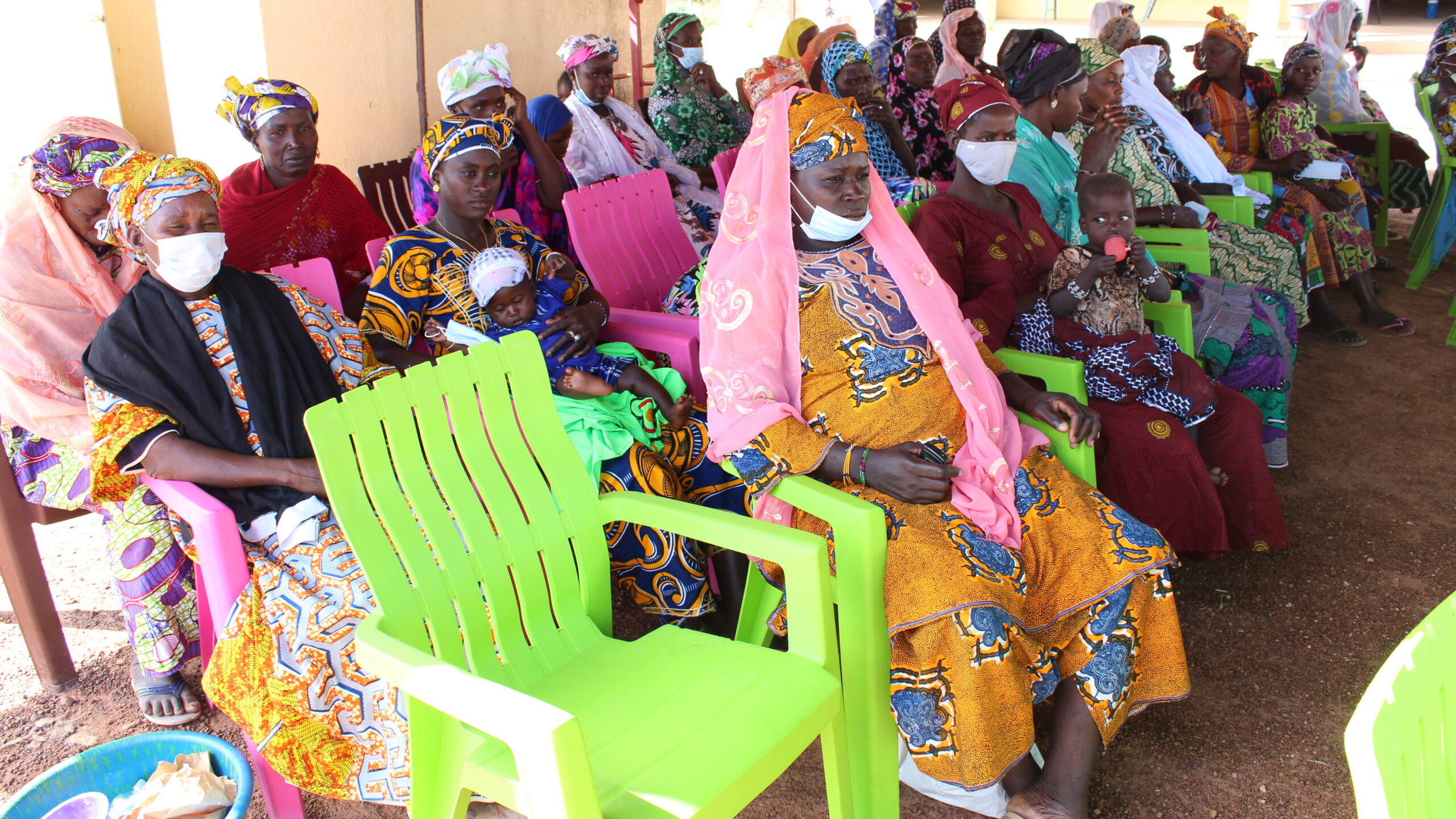
The regions of Sikasso and Ségou are known for respectively gold panning and cotton growing. Two sectors where child labour is in great demand. 2/3 of the children aged between 5 and 17 are economically active and never enrolled in or dropped out of school for a variety of reasons: illiteracy among parents, poverty among parents, insufficient labour for adults, lack of teachers and school infrastructure, lack of monitoring and supervision by parents, remoteness of schools, difficulties in adapting teaching methods, and strong social norms.
The economic impact of Covid-19 resulted in a heightened financial strain on families, and caused closure of schools in Mali. This forced many children to work at gold-panning sites and on agricultural fields. It also led to early pregnancies and marriages. Despite the various socio-political crises and the lasting impact of the Covid-19 pandemic, the programme focusses on improving quality education and enabling children to go to school and continue their studies. The WNCB partners ENDA Mali, teachers union SNEC (Syndicat National de l’Éducation et de la Culture), UNICEF and Save the Children Mali implement the activities.
Approaches
Community-based awareness raising
Keita Abou Bakary is WNCB country coordinator in Mali. He passionately explains: “When we started out the programme in the communities. Most girls were not going to school, many boys were working as herdsmen or in the mines. In some villages there were no schools, and at the existing schools the quality of education was often poor and the school environment not child-friendly.”
The WNCB partners started with raising community awareness of the need to enrol and keep children in school. Keita: “In our approaches we kept focussing on the importance and value of children going to school. We worked with a community-based approach, which meant that we concentrated on the participation and involvement of all school stakeholders and government structures in the implementation of programme activities. In the communities we therefore not just talked to teachers and parents, but we also engaged with School Management Committees, local and administrative authorities, youth clubs, and security managers of gold panning sites. We specifically emphasised on involving women’s organisations in enrolling and keeping children in school.”
Keita continues to explain how the WNCB partners organised this community awareness: “We went to talk to the people in the communities, and we organised village rallies, theatre and slam performances, community radio, community gatherings and meetings with the government to spread our message and have social dialogues with all stakeholders.”
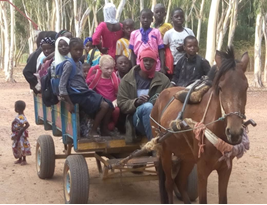
One example of the results of community engagement is that of the women of the village of N’Goron (Cercle de Bla, Ségou region) who decided to support children to stay in the school that is 4 km away from the village. Through Income Generating Activities they have financed a charrette (a horse car) and hired the services of a driver to transport the children from the village to school and back again, while also contributing to the cost of the school canteen for the children at lunchtime.
Teacher training
Capacity building for teachers was a key component in the strategy to increase the quality of education in the villages. Teacher training sessions were being organised in the communities. The training curriculum included knowledge about child labour, the causes and consequences of child labour on children’s development and about legal protection mechanisms. The teachers also were trained in setting up anti-child labour clubs at the school level, social dialogue skills and how to set up and engage with parents, for example Parents Teacher Associations and Mothers of Pupils Associations.
“After the trainings, teachers in both the Ségou and Sikasso regions adopted a code of conduct in which they agreed, among other things, to abolish corporal punishment in schools and raise parents’ awareness.”, explained Keita.
Strengthening community structures
In addition to the community-based awareness raising and teacher training, the WNCB partners set up temporary consultation frameworksin the districts bringing together administrative authorities, education academies, Centres d’Animation Pédagogique (Pedagogical Animation Centers), women’s and youth organisations and representatives of the Ministry for Women, Children and the Family. In these consultation frameworks the different stakeholders that are responsible for child protection in the districts where the programme is implemented, exchanged knowledge and expertise on the promotion and protection of children’s rights.
“The strengthening of community structures ensured sustainable enrolment of children in school and staying in school. For example, Mothers Pupils Associations have been set up to specifically promote education for girls, monitoring committees that are chaired by traditional chiefs supported awareness-raising of the population on the dangers of child labour and the advantages of school, and anti-child labour clubs in schools run by trained teachers. The structures also enabled children to know their rights and to be able to talk to their parents about these rights”, says Keita.
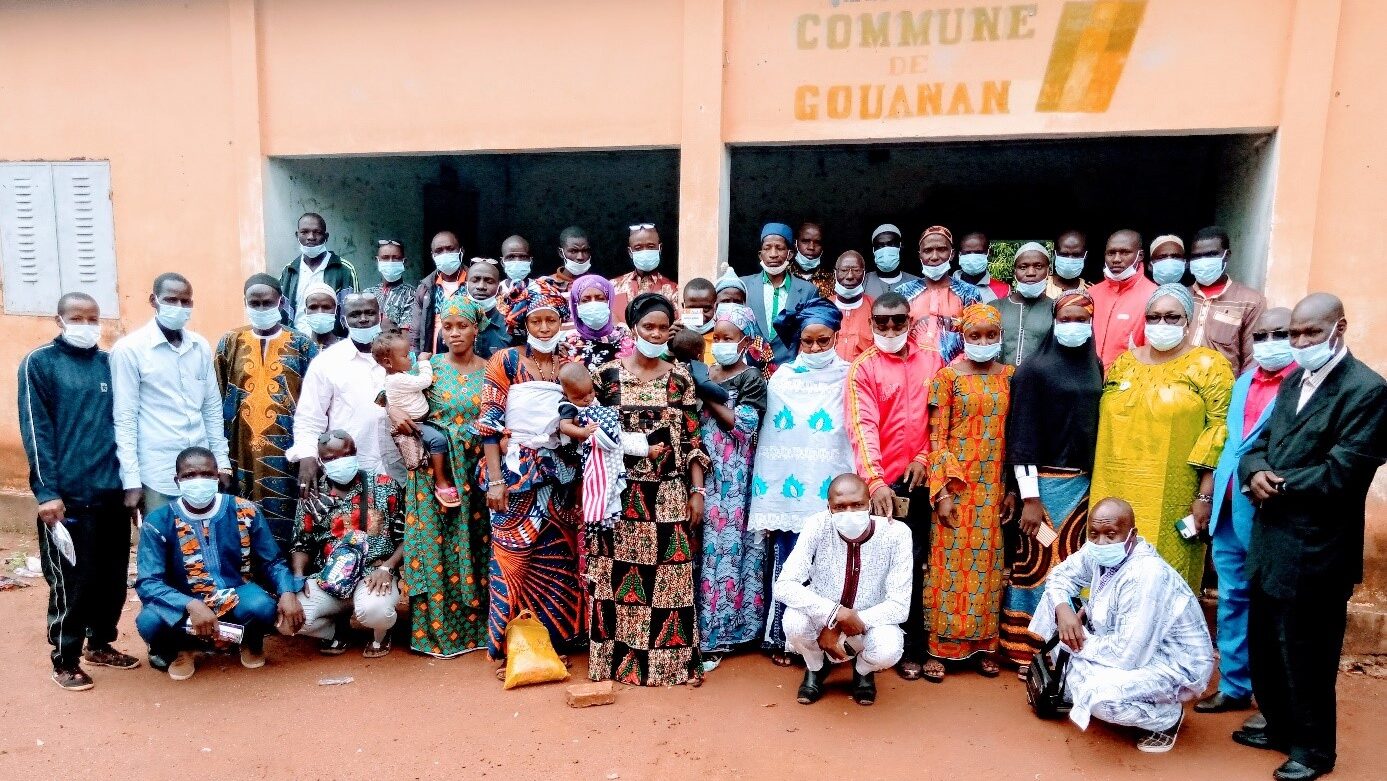
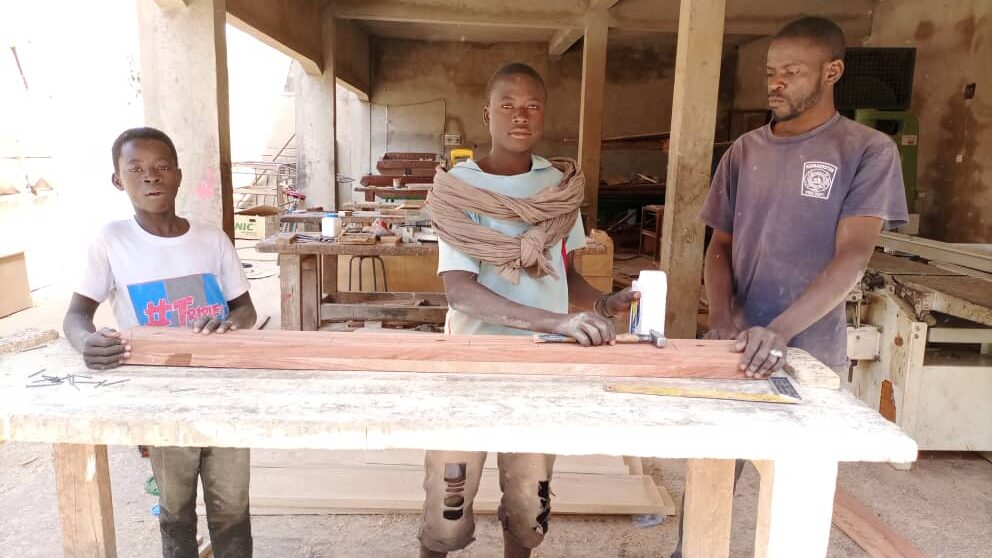
Cooperation with authorities
The programme’s activities also include advocacy efforts at local, regional and even national level to ensure that child labour issues are considered in sector development policies.
The WNCB partners work with the Cellule Nationale de Lutte contre le Travail des Enfants (National Unit to Combat Child Labour) and the ministries responsible for eliminating child labour. Regular coordination meetings with these decision-makers at the highest level acted as a lever to ensure that laws on children’s rights are applied, and that ratified conventions on child labour are implemented.
Keita adds: “The Alliance partners also strengthened the capacities of the regional labour departments of Sikasso and Ségou in the collection and processing of data and the production of periodic reports on the Rights of the Child. We have trained the focal points of the National Unit for Combating Child Labour in the Sikasso and Ségou regions about legislation on combating child labour, its application and dissemination. Raising awareness of the laws and conventions relating to children’s rights played an extremely important role in changing behaviour.”

